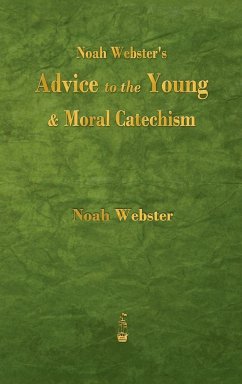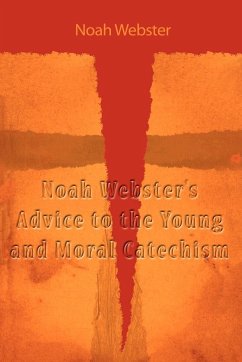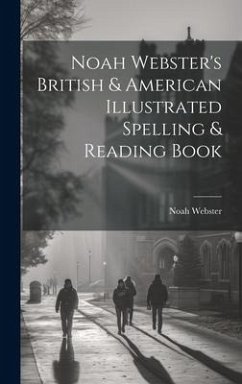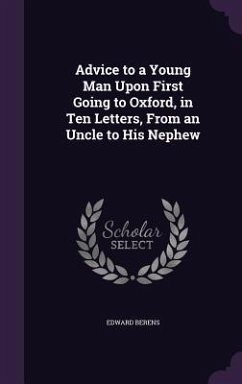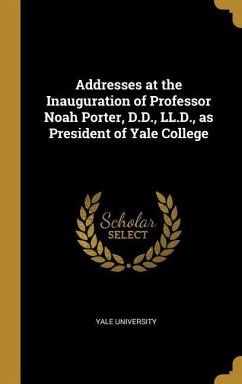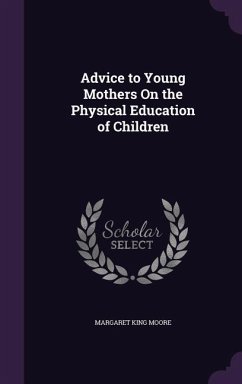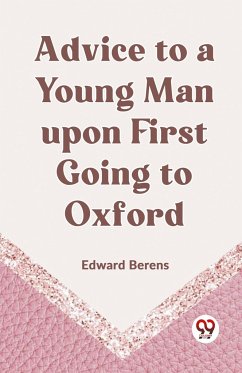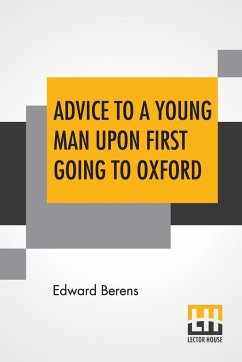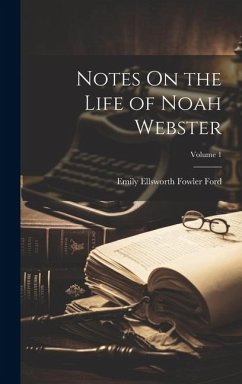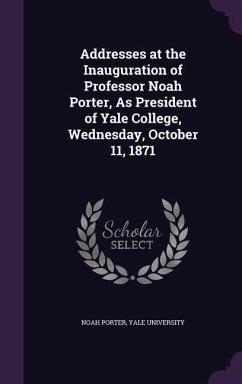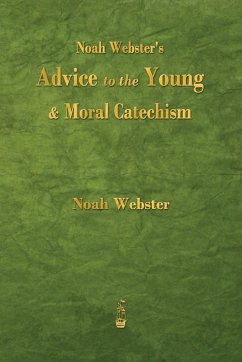
Noah Webster
Broschiertes Buch
Noah Webster's Advice to the Young and Moral Catechism
Versandkostenfrei!
Versandfertig in 1-2 Wochen
Weitere Ausgaben:

PAYBACK Punkte
4 °P sammeln!




An Unabridged Edition to Include: Advice to the Young - Moral Catechism(Of Moral Virtue - Of Humility - Of Mercy - Of Justice - Of Truth - Of Charity and Giving Alms -Of Avarice - Of Frugality and Economy - Of Industry - Of Cheerfulness) - Federal Catechism
American lexicographer, textbook pioneer, English-language spelling reformer, political writer, editor, and novelist Noah Webster Jr. lived from October 16, 1758, to May 28, 1843. The "Father of American Scholarship and Education" is how some have referred to him. He taught spelling and reading to five generations of American children using his "Blue-backed Speller" books. In the United States, the word "dictionary" has come to be associated with Webster's name, particularly with the contemporary Merriam-Webster dictionary, which debuted in 1828 as an American Dictionary of the English Language. Webster, who was born in West Hartford, Connecticut, earned his Yale College degree in 1778. After studying law under Oliver Ellsworth and others, he passed the bar test but could not get a job as a lawyer. By starting a private school and penning a number of instructional publications, such as "Blue-Backed Speller," he was able to achieve some financial success. Webster, who was a fervent advocate of the American Revolution and the passage of the US Constitution, later complained that American society lacked an intellectual basis. Because American ideals were superior, he thought that American nationalism was superior to that of Europe.
Produktdetails
- Verlag: Merchant Books
- Seitenzahl: 44
- Erscheinungstermin: 6. November 2013
- Englisch
- Abmessung: 229mm x 152mm x 3mm
- Gewicht: 81g
- ISBN-13: 9781603866118
- ISBN-10: 1603866116
- Artikelnr.: 40047830
Herstellerkennzeichnung
Libri GmbH
Europaallee 1
36244 Bad Hersfeld
gpsr@libri.de
Für dieses Produkt wurde noch keine Bewertung abgegeben. Wir würden uns sehr freuen, wenn du die erste Bewertung schreibst!
Eine Bewertung schreiben
Eine Bewertung schreiben
Andere Kunden interessierten sich für


